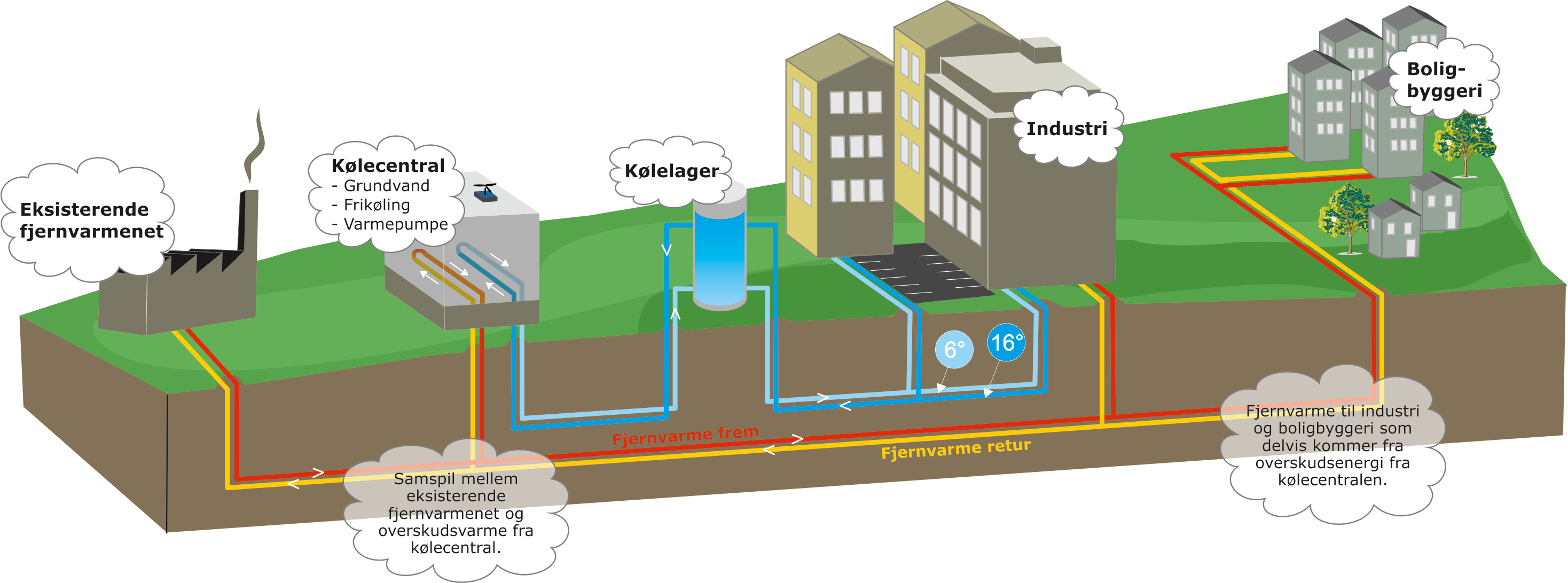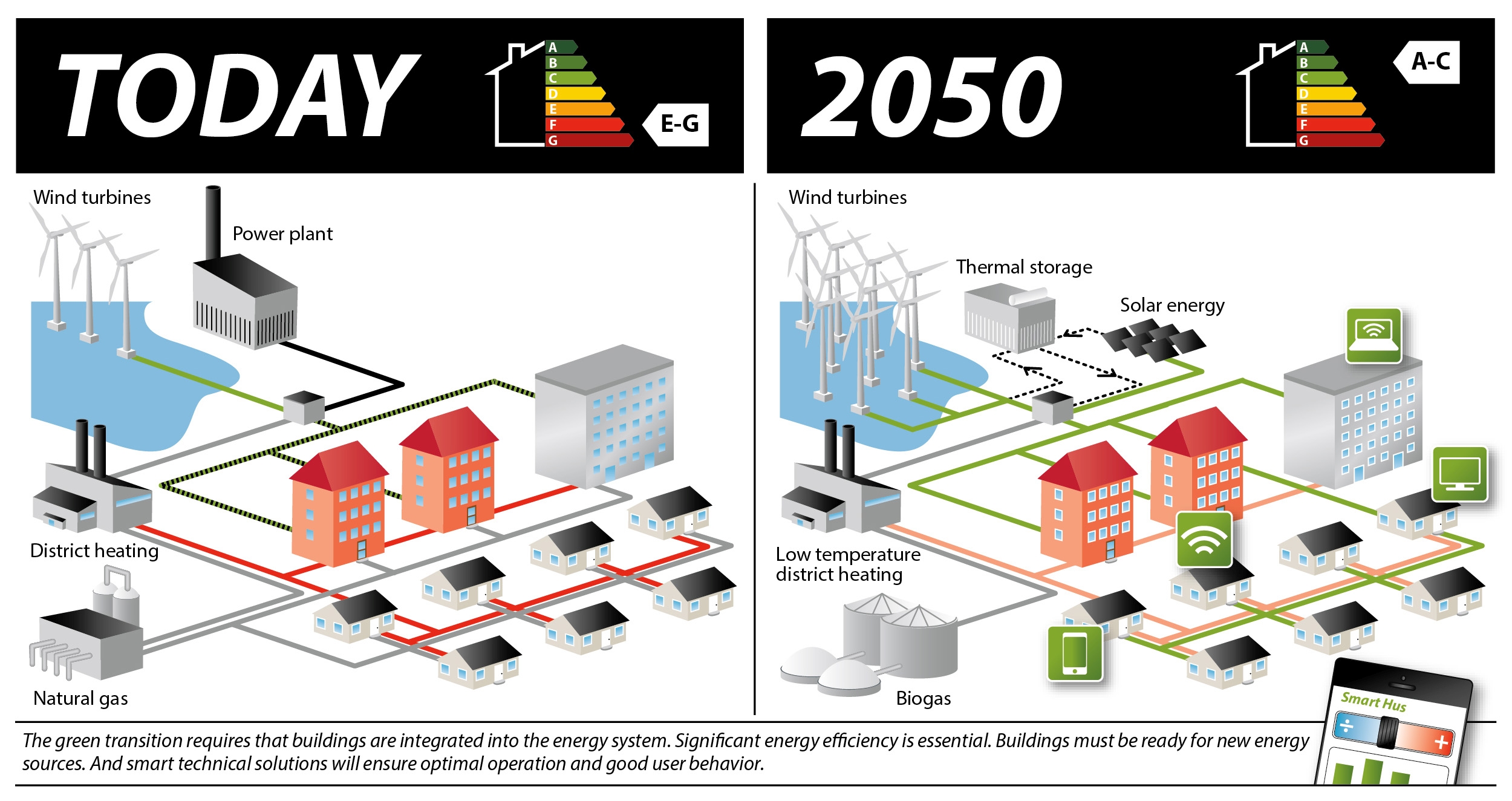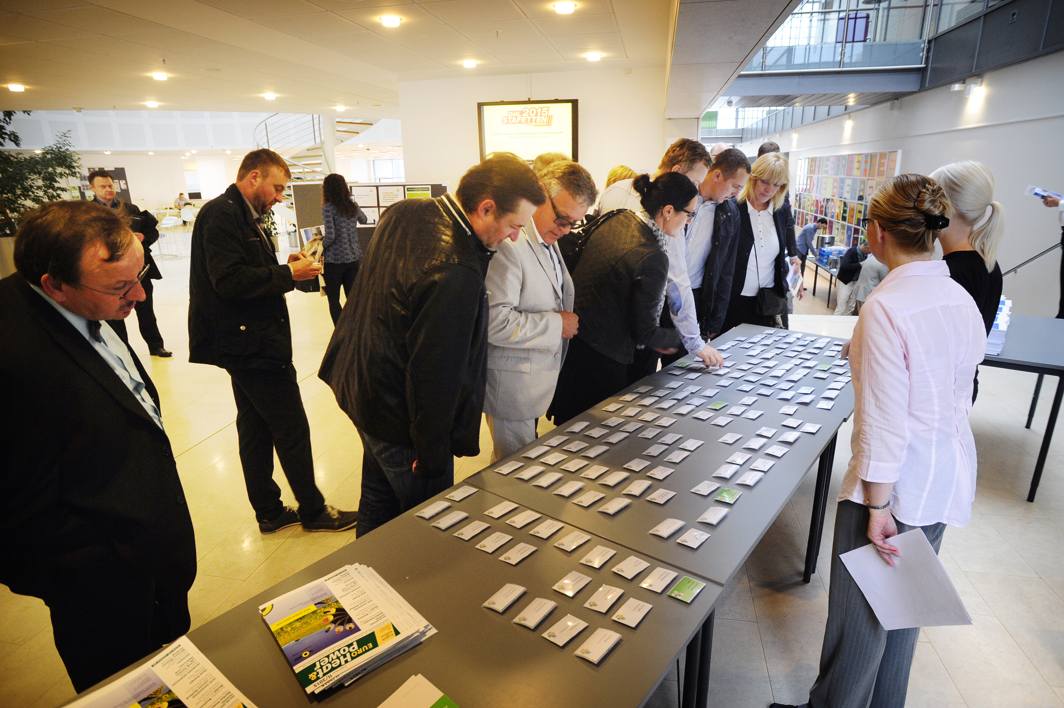News Archive
Improved technologies remove risk of Legionella in low temperature district heating
It is possible to avoid Legionella in domestic hot water from low-temperature district heating using appropriate sterilization methods or improved technologies, and the solutions are low-cost and energy efficient.
These are the main results from 4DH PhD Fellow Xiaochen Yang who defended her PhD dissertation last Friday at DTU, Technical University of Denmark.
EU Heating Strategy expected to kick-start DH development
An analysis covering the export potentials for Danish district heating system and component companies expects the district heating development in Europe to increase in the next 10 years. District heating networks in Europe are expected to grow significantly because of the great focus on phasing out fossil fuels as a result of the COP21 agreement, the new EU Strategy on Heating and Cooling, and the tendency towards urbanisation in Europe where district heating is seen as a solution to the heating needs of the many people moving to the cities of Europe.
Great unused potential for District Cooling
A new report investigating the potential for district cooling in Denmark concludes that it could save the society 10 billion Danish Kroner (1.5 Billion Euro) to implement district cooling of 4,200 GWh cooling energy and 2.4 GW cooling capacity.
”Køleplan Danmark 2016” (Cooling Plan Denmark 2016) is partially based on 4DH research and has been prepared for the Danish District Heating Assciation by Ramboll, who is a part of the 4DH Research Centre.

Report: Buildings play a large role in renewable energy future
A new report launched today sets the spotlight on the big role of buildings in the transition towards 100% renewable energy in Denmark. The report “Future Green Buildings – A key to Cost-Effective Sustainable Energy Systems”, prepared by researchers at Aalborg University, describes the contribution and role of the building sector in a 100% renewable energy future, as well as the transitions that are necessary in the building sector to support this change.

The researchers conlude that energy refurbishment needs to have a much higher priority for existing buildings. District heating should be expanded further to replace individual boilers and new supply systems with lower temperature district heating from solar thermal, large‐scale heat pumps, geothermal, waste incineration, and biogas should be supported. Outside district heating areas they recommend efficient ground‐source heat pumps supplemented with solar thermal.
“Electricity and heat savings in buildings really are both important going towards large-scale renewable energy systems. And savings are more important than flexibility on the building level,” said Brian Vad Mathiesen, main author of the report and Deputy Head of 4DH.
Record-breaking interest in future district heating and cooling
The interest from researchers and industry in 4th generation district heating and smart energy systems is growing. The 4DH Research Centre has received a record-breaking 110 abstracts for this year’s conference on 4DH and smart energy systems in September.
This is a substantial growth from last year, where around 70 abstracts were received. Consequently, the Research Centre is expecting 250-300 visitors discussing future district heating and smart energy systems at the conference this year. This makes it the biggest academic conference on district heating in Europe in 2016, notes Sven Werner, part of 4DH’s management group and Professor at Halmstad University.
